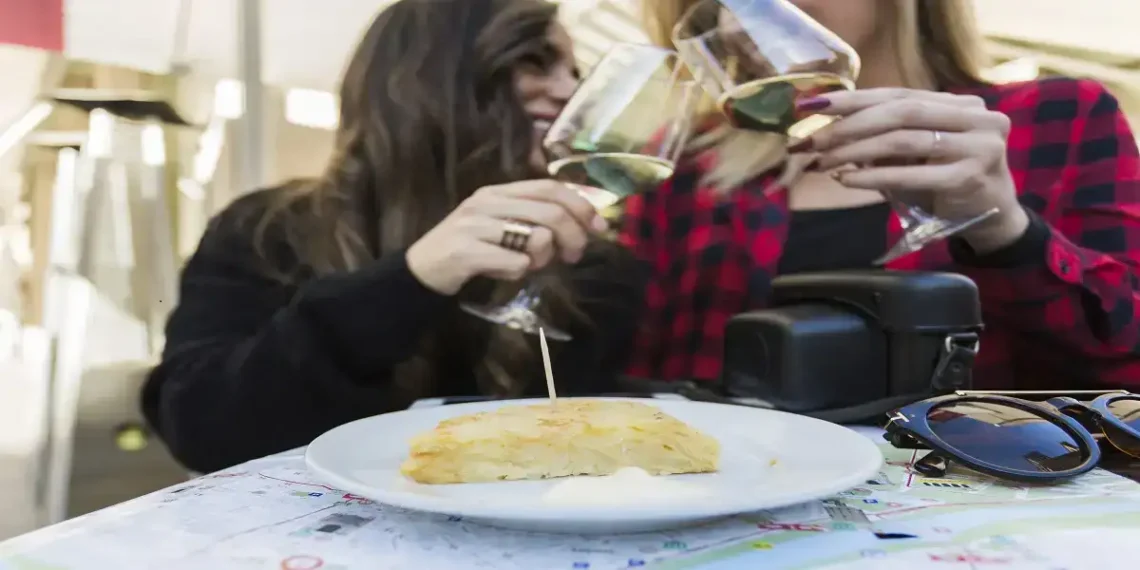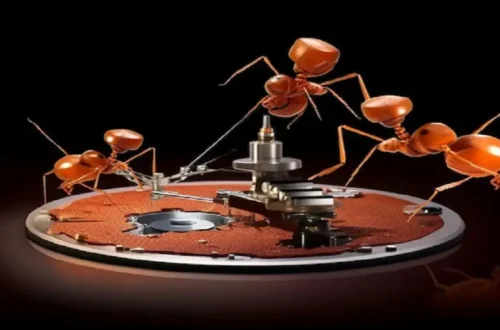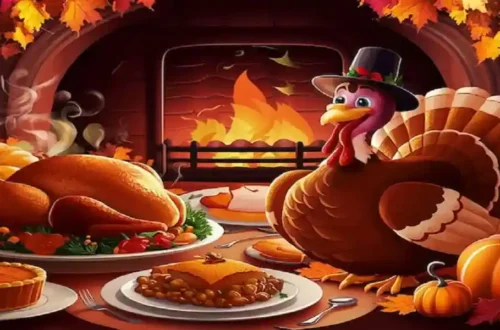Florence, the capital of Italy’s Tuscany region, offers a rich tapestry of history, art, and culinary delights. Among its many gastronomic treasures, cheese stands out as a beloved and essential component of Italian cuisine. A mas terclass over kaas in florence geniet van een heel kaasplankjeon cheese in Florence promises an unforgettable journey through the diverse flavors and textures of Italian cheese. This article explores what you can expect from such a masterclass and why it’s an experience worth savoring.
The Allure of Italian Cheese
Italy boasts a vast array of cheeses, each with its own unique characteristics and history. From the creamy richness of Gorgonzola to the sharp tang of Pecorino Romano, Italian cheeses cater to a wide range of palates. The country’s cheese-making traditions date back centuries, and many Italian cheeses have received Protected Designation of Origin (PDO) status, ensuring their quality and authenticity.
Types of Italian Cheese
- Parmigiano Reggiano: Known as the “King of Cheeses,” this hard, granular cheese offers a nutty and savory flavor. Producers craft it in the regions of Parma, Reggio Emilia, and Modena.
- Gorgonzola: This blue cheese comes in two varieties: Dolce (sweet) and Piccante (spicy). Its creamy texture and distinctive blue veins make it a favorite in many dishes.
- Pecorino Romano: Made from sheep’s milk, Pecorino Romano has a sharp, salty flavor. It often appears grated over pasta dishes or enjoyed on its own.
- Mozzarella di Bufala: Produced from the milk of water buffalo, this cheese boasts a creamy, delicate flavor. It serves as a key ingredient in Caprese salad and Neapolitan pizza.
- Ricotta: A fresh cheese with a soft, creamy texture, ricotta features prominently in both savory and sweet dishes.
The Masterclass Experience
Participating in a cheese masterclass in Florence offers an immersive experience in the world of Italian cheese. Led by knowledgeable cheesemongers and culinary experts, the masterclass over kaas in florence geniet van een heel kaasplankje covers various aspects of cheese production, tasting, and pairing.
Cheese Production
The masterclass begins with an introduction to the cheese-making process. You will learn about the different types of milk used in cheese production, including cow, sheep, goat, and buffalo milk. The instructor will explain the various stages of cheese-making, from curdling and cutting the curds to aging and affinage. Understanding these processes provides a deeper appreciation for the craftsmanship involved in creating each cheese.
Cheese Tasting
The highlight of the masterclass is the tasting session. Here, you will sample a curated selection of Italian cheeses, each with its own unique flavor profile. The instructor will guide you through the tasting, explaining the characteristics of each cheese and how to identify different flavor notes. This sensory experience allows you to develop a refined palate and a greater understanding of the complexities of Italian cheese.
Cheese Pairing
Pairing cheese with the right accompaniments can elevate the tasting experience. The masterclass covers the principles of cheese pairing, including which wines, fruits, nuts, and breads complement specific cheeses. You will learn how to create harmonious flavor combinations that enhance the overall enjoyment of each cheese.
Enjoying an Entire Cheese Platter
One of the most delightful aspects of the masterclass over kaas in florence geniet van een heel kaasplankje is the opportunity to enjoy an entire cheese platter. This platter typically includes a variety of Italian cheeses, presented with a selection of accompaniments. Here’s what you might find on a typical Italian cheese platter:
Selection of Cheeses
- Parmigiano Reggiano: Aged for at least 24 months, this cheese offers a rich, umami flavor. It pairs well with balsamic vinegar and fresh fruit.
- Gorgonzola Dolce: This creamy blue cheese contrasts beautifully with honey and walnuts.
- Pecorino Toscano: A younger version of Pecorino Romano, this cheese has a milder, nuttier flavor. Enjoy it with slices of pear or fig.
- Mozzarella di Bufala: Fresh and delicate, this cheese pairs wonderfully with ripe tomatoes, basil, and a drizzle of extra virgin olive oil.
- Ricotta Salata: A firmer, saltier version of ricotta, this cheese adds a savory note to the platter. Pair it with sun-dried tomatoes or olives.
Accompaniments
- Honey and Jams: Sweet accompaniments like honey, fig jam, or apricot preserves complement the salty and savory flavors of the cheeses.
- Fresh and Dried Fruits: Grapes, apples, and pears, as well as dried fruits like apricots and figs, provide a refreshing contrast to the richness of the cheeses.
- Nuts: Walnuts, almonds, and hazelnuts add a crunchy texture and a nutty flavor that pairs well with both soft and hard cheeses.
- Breads and Crackers: A variety of breads, including rustic Italian loaves and crisp crackers, serve as the perfect base for enjoying the cheeses.
- Olives and Cured Meats: For a more substantial cheese platter, add some olives and slices of prosciutto or salami.
The Cultural Context
Cheese plays an integral role in Italian culture and cuisine. It appears in everyday meals, festive occasions, and gourmet dining experiences. Understanding the cultural significance of cheese in Italy enhances the masterclass experience.
Cheese in Italian Cuisine
In Italian cuisine, cheese serves multiple roles. It acts as a main ingredient in dishes like lasagna and pizza, a topping for pasta, and a dessert component in sweets like cannoli. The versatility of cheese makes it a beloved staple in Italian households.
Regional Specialties
Different regions of Italy specialize in different types of cheese. For example, the Lombardy region produces Gorgonzola, while Tuscany is famous for Pecorino Toscano. Exploring these regional specialties during the masterclass provides insight into the diverse culinary landscape of Italy.
Festivals and Traditions
Italy hosts numerous festivals and events celebrating cheese. These events offer an opportunity to sample a wide variety of cheeses, meet producers, and learn about traditional cheese-making methods. Participating in these festivals enriches your understanding of Italian cheese culture.
Conclusion
A masterclass over kaas in florence geniet van een heel kaasplankje on cheese in Florence offers a comprehensive and enriching experience for cheese enthusiasts. From learning about the cheese-making process to savoring an entire cheese platter, the masterclass provides a deep dive into the world of Italian cheese. By exploring the diverse flavors and textures of Italian cheeses and understanding their cultural significance, you will gain a greater appreciation for this culinary art form. So, the next time you find yourself in Florence, indulge in a cheese masterclass and enjoy the delightful journey through the world of Italian cheese.





